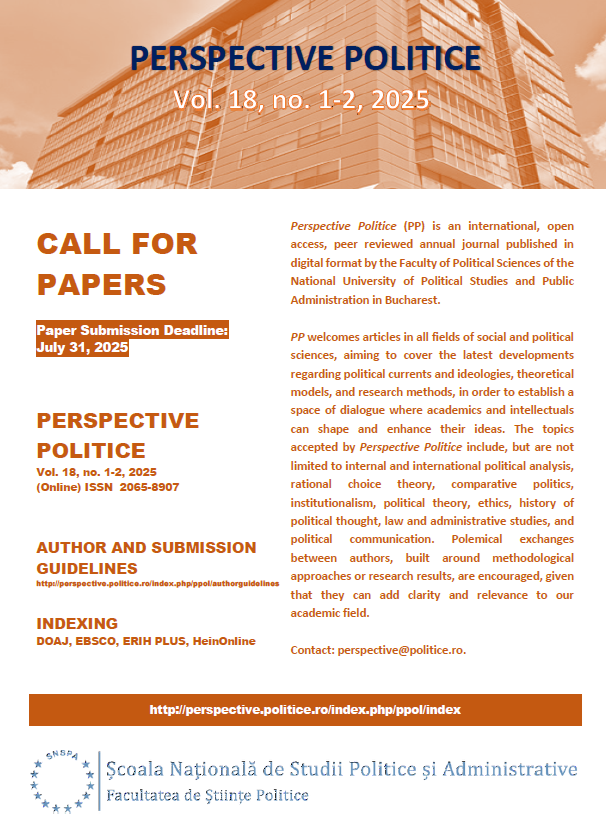Leaving at All Costs: Implications of the Italy-Libya Border-Externalization Policy on Migrant Smuggling and Trafficking Facilitation
Abstract
The literature on EU’s border-externalization practices in Africa is ample but the case of Italy-Libya’s Memorandum of Understanding (MoU) and its implications on African lives has received insufficient attention. Between 2014 and 2016, Nigerian nationals were the second-highest number of boat arrivals in Italy via Libya – a number that significantly reduced following the implementation of the MoU and related EU migration management initiatives in Africa. In
light of the above, an important question arises: has this extra-territorialization of EU borders in Africa merely prevented Nigerians from arriving their destination or has it also stopped them from initiating the perilous journey? Relying on indepth interviews from relevant stakeholders, we evaluate how migration and anti-trafficking experts in Nigeria interpret the effect of EU’s extraterritorialization policies in curbing irregular migration from Nigeria. The findings of the study suggest that while border externalization measures have reduced the odds of successfully arriving the destination country – Italy – they do not prevent irregular migration and trafficking facilitation from Nigeria to Libya.

Downloads
Published
Issue
Section
License
Copyright (c) 2024 Mitterand M. OKORIE, Uchenna OKEJA

This work is licensed under a Creative Commons Attribution-NonCommercial-ShareAlike 4.0 International License.



